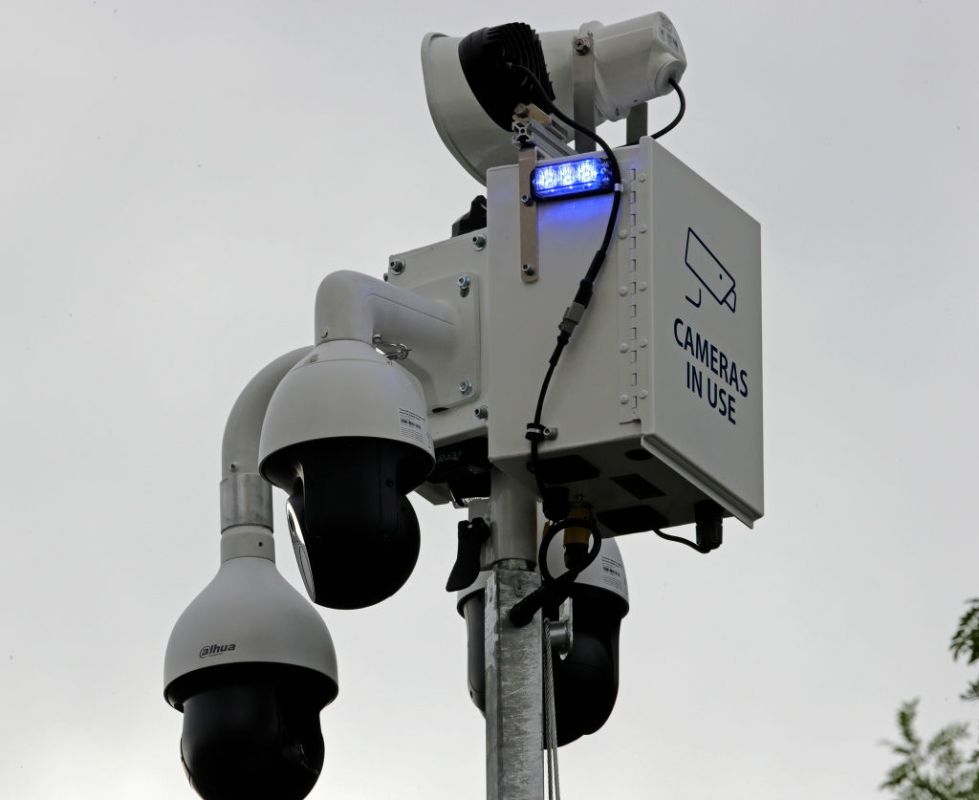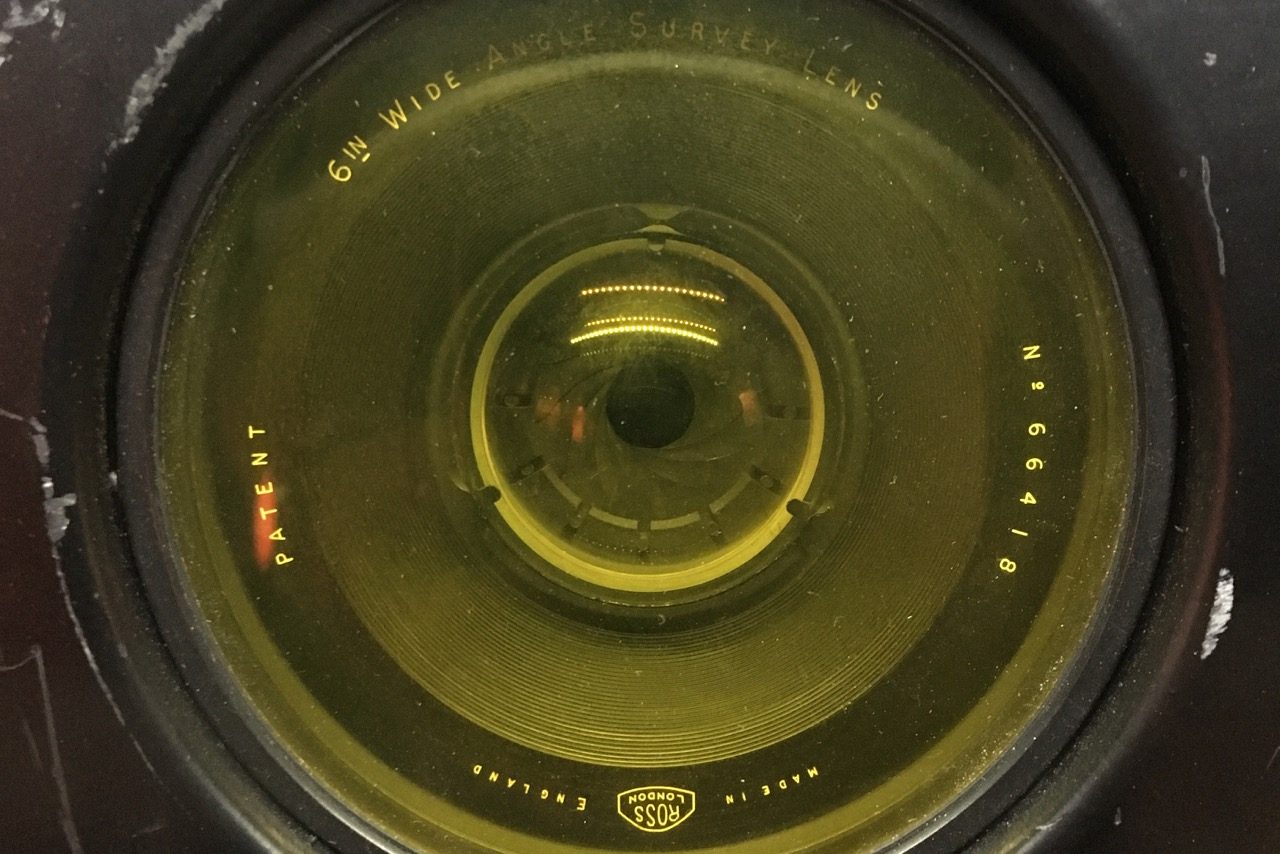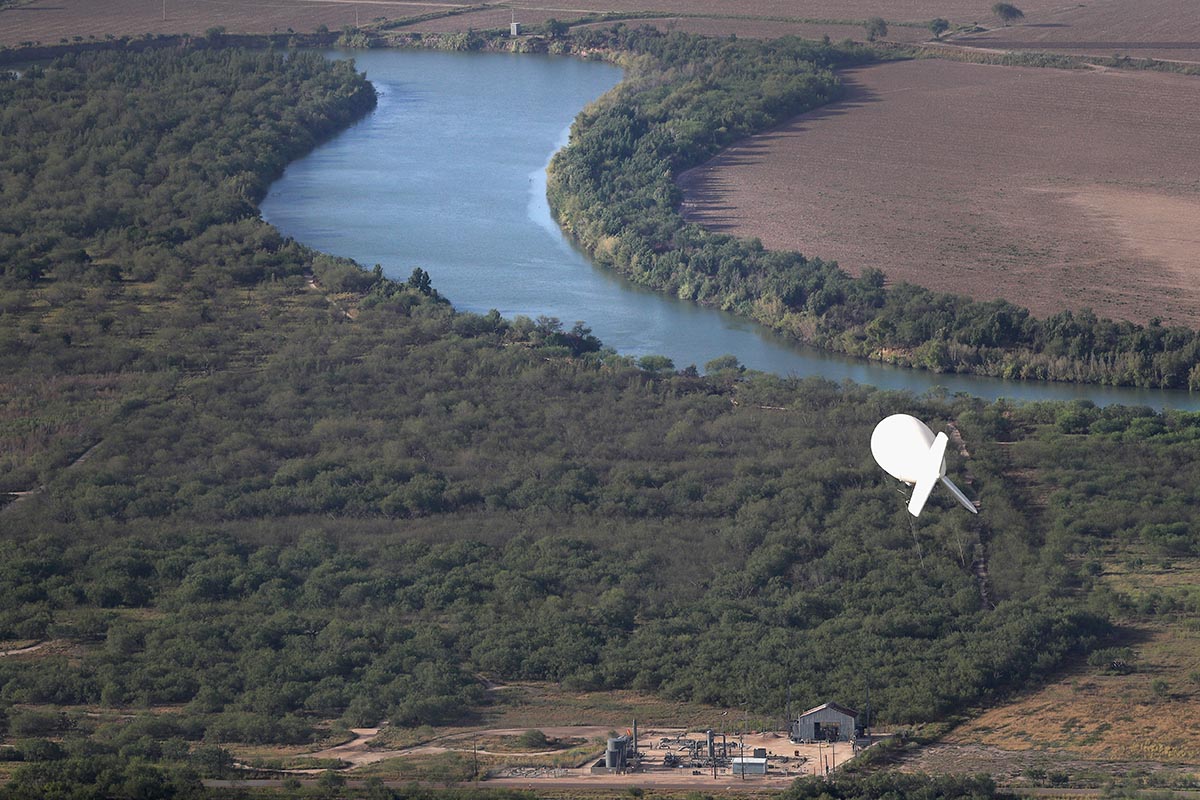Since the current century began, surveillance cameras have become a part of daily life more and more. For some people, it’s a necessary compromise for reasons of safety; for others, it’s an alarming invasion of privacy. A Massachusetts program has drawn plenty of concern over the years for its policy of photographing license plates of moving cars — and a new development relating to the program offers more cause for concern.
A new article about the program explains what the data assembled by the program has been used for, and why it’s been so controversial: “The data collected included location, date and time and was used for criminal investigations and in some cases to find suspects in real time, without obtaining warrants or court orders.”
The reason the article is being published, however, is the occasion of the suspension of the controversial program. Why, you may ask? It turns out the system doesn’t always work. Which is to say that some of the data it recorded had incorrect dates and times associated with it, due to a glitch that officials found in the program.
As The Boston Globe noted in its report on the program’s suspension, there’s another effect to consider as well: how this issue will affect ongoing cases and investigations that have used data from the program. The discovery of this glitch, and the numerous effects that have cascaded since then, are each alarming for countless reasons — both here specifically and when thinking about questions of surveillance going forward.
Subscribe here for our free daily newsletter.
Thanks for reading InsideHook. Sign up for our daily newsletter and be in the know.

















